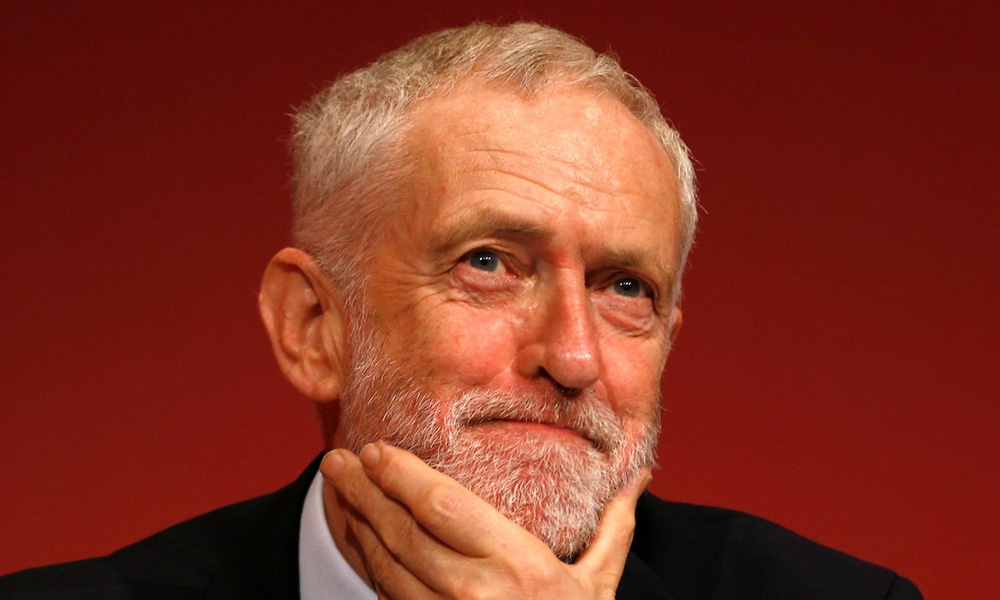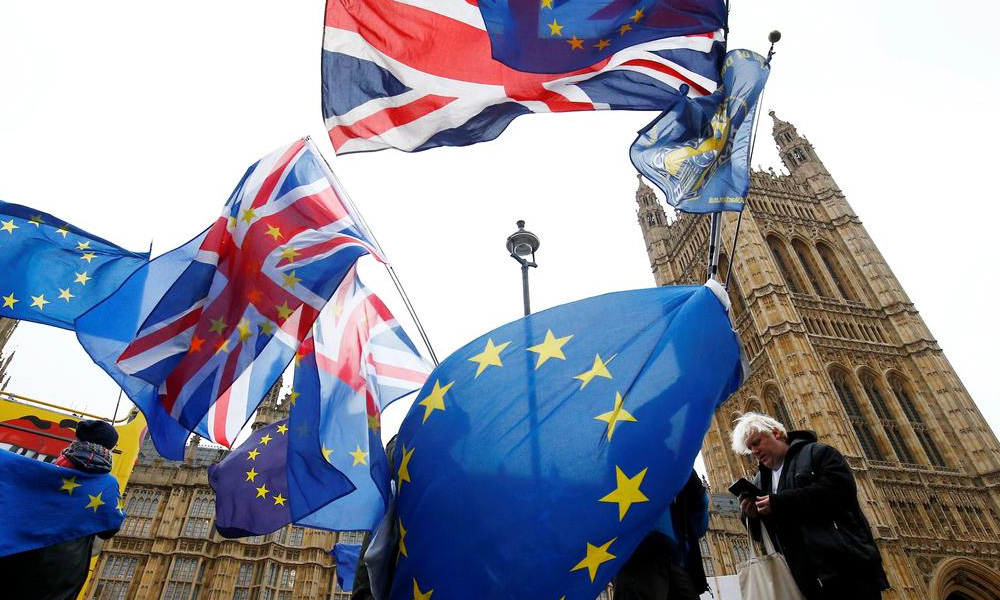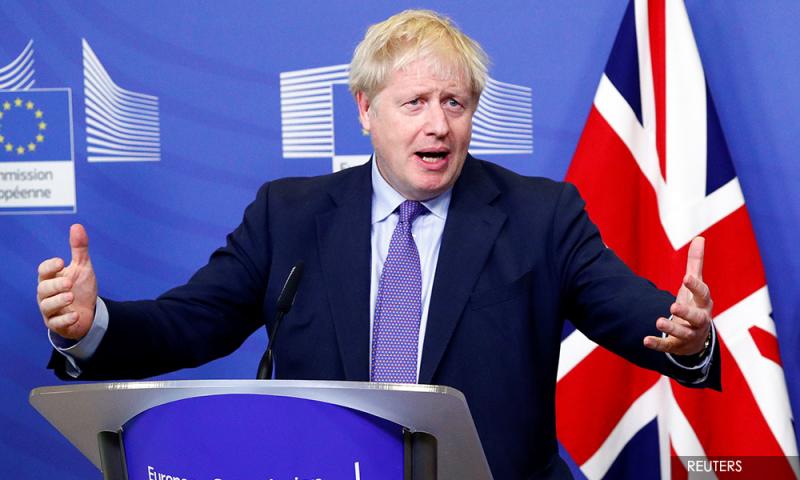Johnson calls for Dec 12 election to break Brexit deadlock
Prime Minister Boris Johnson yesterday called for a general election on Dec 12 to break Britain’s Brexit impasse, conceding for the first time he will not meet his “do or die” deadline to leave the European Union next week.
Johnson said in a letter to opposition Labour leader Jeremy Corbyn he would give parliament more time to approve his Brexit deal but lawmakers must back a December election, Johnson’s third attempt to try to force a snap vote.
Corbyn said he would wait to see what the EU decides on a Brexit delay before deciding which way to vote on Monday, repeating that he could only back an election when the risk of Johnson taking Britain out of the EU without a deal to smooth the transition was off the table.
With other opposition parties rejecting the election offer, it was increasingly unlikely that Johnson’s latest bid to replace a parliament that has repeatedly put hurdles in his way would be successful.
Just a week before Britain was due to exit the EU, the bloc looks set to grant Johnson a Brexit delay, something he has repeatedly said he does not want but was forced by parliament to request.
An election is seen by his team as the only way of breaking the deadlock over Brexit after parliament voted in favour of his deal at the first stage, but then, minutes later, rejected his preferred timetable which would have met his Oct 31 deadline.
But he has twice failed before to win the votes in parliament for an election, where he needs the support of two-thirds of its 650 lawmakers.
“This parliament has refused to take decisions. It cannot refuse to let the voters replace it with a new parliament that can make decisions,” he wrote to Corbyn.
“Prolonging this paralysis into 2020 would have dangerous consequences for businesses, jobs and for basic confidence in democratic institutions, already badly damaged by the behaviour of parliament since the referendum. Parliament cannot continue to hold the country hostage.”

Corbyn (above), a veteran critic of the EU, said he wanted to wait until today to see what Brussels had decided to do with Britain’s request for a delay - something Johnson was forced to ask for by parliament.
“The principle is to take ‘no deal’ off the table, the EU answers tomorrow, then we can decide,” Corbyn told reporters yesterday.
The Scottish National Party and other smaller parties rejected the prime minister’s attempt to force an election, casting doubt on whether the Conservative leader will be able to secure the votes needed to hold a ballot before Christmas.
Dead deadline
More than three years after Britons voted 52 percent - 48 percent to be the first sovereign country to leave the European project, the future of Brexit is unclear.
Brexit has increasingly dominated politics, pushing other pressing issues aside. Yesterday, Brexit delays were blamed for finance minister Sajid Javid postponing his first budget.
Johnson won the top job in July by staking his career on getting Brexit done by Oct 31, though in yesterday’s letter he makes it clear he is ready to scrap his deadline. Last month, he said he would rather be “dead in a ditch” than ask for a delay.
But several of his aides think he can weather any criticism for failing to meet the deadline by arguing that he was thwarted by lawmakers, doubling down on his team’s narrative of “people versus parliament”.
At a meeting of Johnson’s top ministers, some media reported disagreement over whether the government should try for an early election, fearing that doing so before Brexit was settled might damage the Conservatives.
Johnson seems to still hold out hope of securing a deal with Brussels, offering parliament until Nov 6 to ratify an agreement he settled with the EU last week.
“This means that we could get Brexit done before the election on Dec 12, if MPs (members of parliament) choose to do so,” he said.

Labour has long said it cannot back an election until no-deal Brexit is off the table. But if the EU grants an extension until the end of January, that would appear to remove the threat of Johnson taking Britain out of the bloc without an agreement.
By proposing to dissolve parliament on Nov 6, that would also be beyond the current Oct 31 deadline.
Leave with Johnson’s deal
Earlier, a senior Downing Street source said Britain would ultimately leave the EU with Johnson’s deal despite the likely additional delay, with the EU considering offering London a three-month flexible Brexit extension.
“This ends with us leaving with the PM’s deal,” the source said. “We will leave with a deal, with the PM’s deal.”
All eyes are now on not whether, but by how long, the EU decides to extend the Brexit process: Germany supports a three-month delay, while France is pushing for a shorter one.
Both fear a no-deal exit that would almost certainly hurt global growth and create a potentially deeper EU crisis.
To offer Britain a long extension would take the pressure off British lawmakers to approve Johnson’s deal and open up possibilities such as a referendum on it. A short extension might focus minds in the British parliament.
Brexit was initially supposed to have taken place on March 29 but Johnson’s predecessor Theresa May was forced to delay twice - first to April 12 and then to Oct 31 - as parliament defeated her Brexit deal by margins of between 58 and 230 votes earlier this year.
- Reuters
RM12.50 / month
- Unlimited access to award-winning journalism
- Comment and share your opinions on all our articles
- Gift interesting stories to your friends
- Tax deductable

 Reuters
Reuters